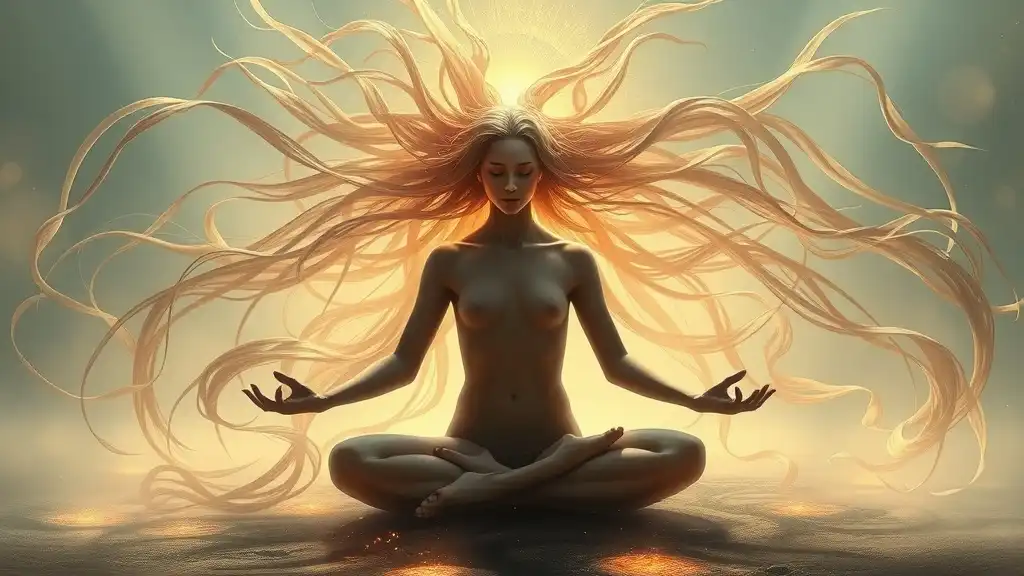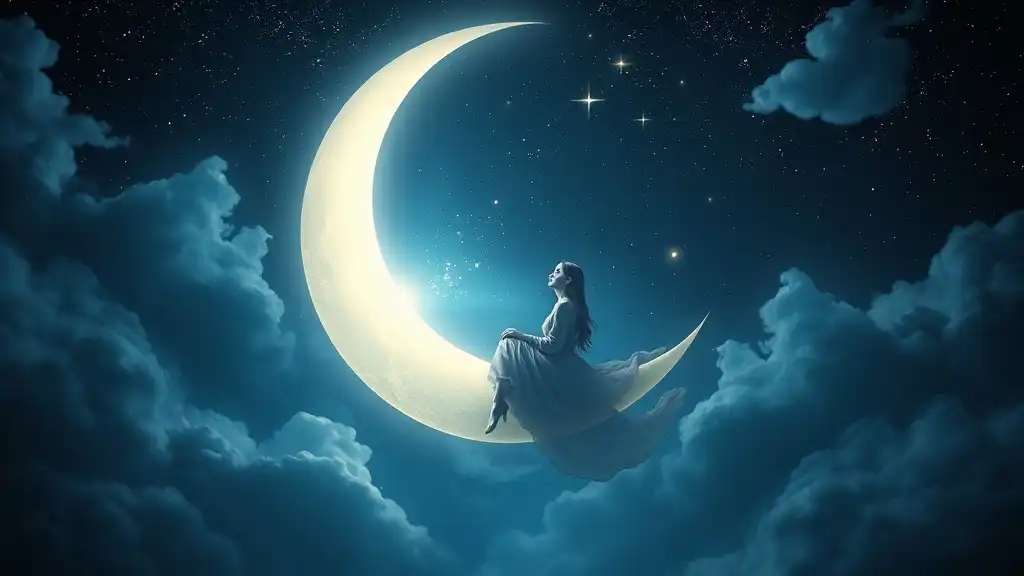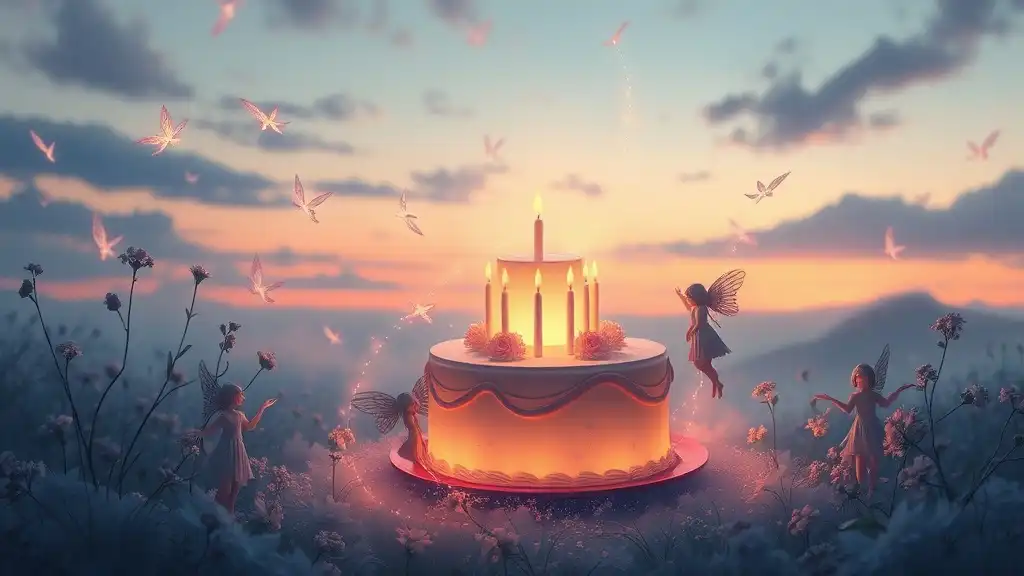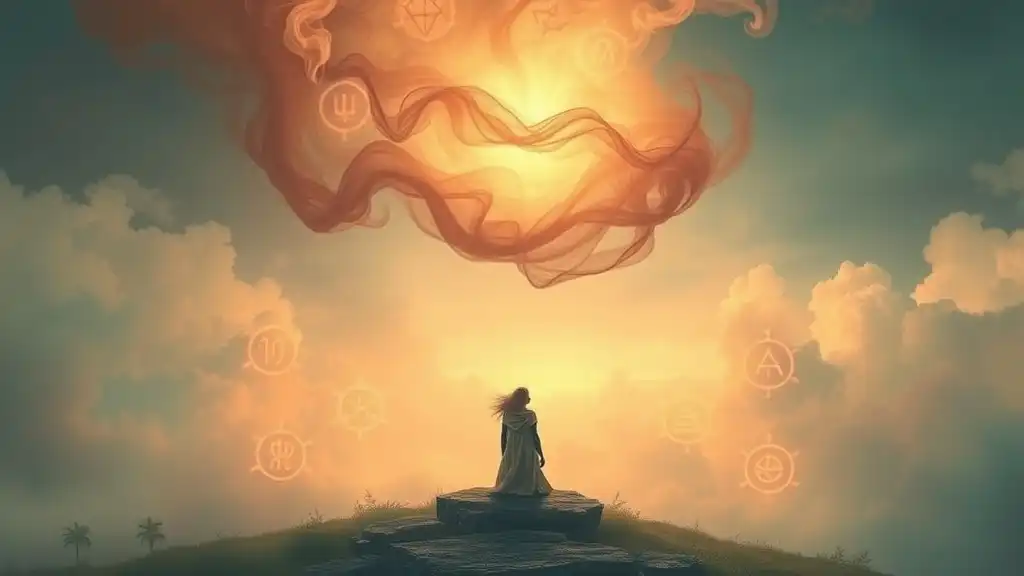Hair has long been a significant element in various cultures and spiritual beliefs. It is often seen as an extension of our identity and a vessel for energy. Whether you’re getting your hair cut at the salon or experiencing a sudden and unexpected chop, it’s essential to explore the deeper meanings behind this transformative act.
The Symbolism of Hair
Historical Perspectives
Throughout history, hair has held significant meaning. In ancient cultures, such as the Egyptians and Greeks, hair was often associated with power and status. Warriors would often cut their hair as a form of sacrifice before battle, while others would grow long locks to represent strength. These traditions underscore the connection between hair and different facets of human experience.
In many spiritual practices, hair is seen as a conduit for energy. It can symbolize vitality, creativity, and personal power. This relationship between hair and the spiritual realm can inform our understanding of how a haircut influences our inner self.
Hair as Energy and Identity
Hair is not just a physical attribute; it’s a representation of our identity. Each strand holds memories, experiences, and emotions. When we change our hair, we are often making a statement about who we are or who we wish to become.
The connection between hair and energy flow is particularly potent. Many belief systems posit that hair can absorb and transmit energy, both positive and negative. Thus, cutting hair can be an intentional act of redistributing and rejuvenating one's life force.

Cutting Hair: An Energetic Transformation
Act of Letting Go
One of the most profound aspects of cutting hair is the act of letting go. This can signify a release of negative energy, old patterns, or emotions that no longer serve you. Hair often retains the stress of past experiences, and when you choose to cut it, you may be symbolically severing ties with those burdens.
This transition can lead to personal growth and transformation. Emerging from a haircut, you may feel lighter, freer, and ready to step into a new phase of life. The physical act of cutting hair mirrors the inner cleansing and renewal process.
Ritualistic Significance
Hair cutting can also hold ritualistic significance, acting as a rite of passage. In various cultures, it marks significant transitions—we might think of it as a metaphor for growth and new beginnings. Cutting hair might accompany entering a new life stage, shedding old identities, or embracing newfound beliefs.
Spiritual cleansings often involve hair cutting to symbolize a renewed commitment to one's path. Thus, each snip can be tied to deeper spiritual significance.

Spiritual Interpretations of Hair Cutting
Different Contexts
The meaning behind cutting hair can shift dramatically depending on the context. If you choose to cut your hair, the decision is usually empowered by personal intention. Conversely, if the haircut is unanticipated (perhaps imposed by external circumstances), it could represent a different emotional landscape.
In both cases, the emotional state during the haircut plays a crucial role in the spiritual interpretation. Were you anxious, excited, or indifferent? Your feelings during the experience can affect how you process the transformation afterward.
Messages from the Universe
Hair cutting can also serve as a conduit for signs and synchronicities from the universe. After a haircut, you might notice shifts in your life—new opportunities, healthier relationships, or a heightened intuition. It’s as if the energetic shift invites new growth and awareness, presenting you with insights and awakenings that align with your transformation.

Cultural Perspectives on Hair Cutting
Western Interpretations
In modern Western culture, a haircut can signify many things: a fashion statement, a break-up response, or a fresh start. There is a prevailing belief that the act itself can promote new beginnings, akin to shedding skin. Individuals might turn to hairstylists seeking a transformation to mark changes in their lives—most commonly, the end of a relationship or the start of a new job.
Eastern Practices
Conversely, in Eastern spiritual traditions, cutting hair often has a different context. For instance, in Buddhism and Hinduism, the cutting of hair may symbolize renunciation and a commitment to spiritual pursuits. Monastics often shave their heads to relinquish attachment to vanity and ego, embracing a life of simplicity and devotion.
Each cultural perspective contributes richness to the understanding of hair cutting, emphasizing that the spiritual journey is as unique as the individual experiencing it.

The Power of Intention
Setting Intentions Before a Haircut
Before you make the cut, consider engaging in a brief ceremony to set your intentions. Reflect on what you want to achieve through this change. Are you seeking to release anxiety? Or perhaps you wish to embrace your true self? By preparing your mind and spirit, you elevate the act of cutting hair into a sacred ritual, enhancing your spiritual clarity.
Aftercare: Integrating the Experience
After your haircut, take time to reflect on the experience. Journal your thoughts and visualize what you want to create in your life moving forward. You might even consider ways to honor your transformation—whether through a gratitude ritual or sharing your journey with loved ones.
As you integrate this new energy, stay tuned to changes in your life that resonate with the intentions you set before the cut.

Conclusion
The spiritual significance of getting your hair cut is profound and multi-layered. It intertwines identity, energy, and personal growth, offering a unique opportunity for transformation. Whether it’s a conscious choice or a sudden realization, embrace the change with open arms. Hair cutting is not just a physical alteration; it’s a powerful spiritual experience that allows us to reflect, release, and rejuvenate. So, the next time you find those scissors near your locks, remember—the journey is just as important as the destination.



















